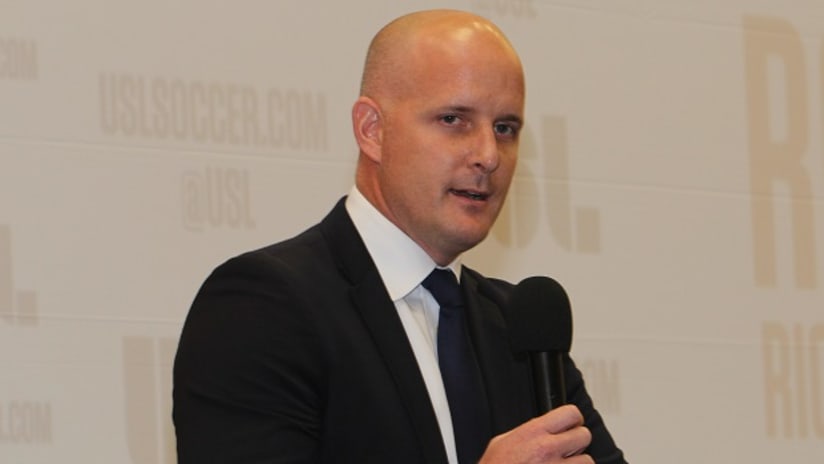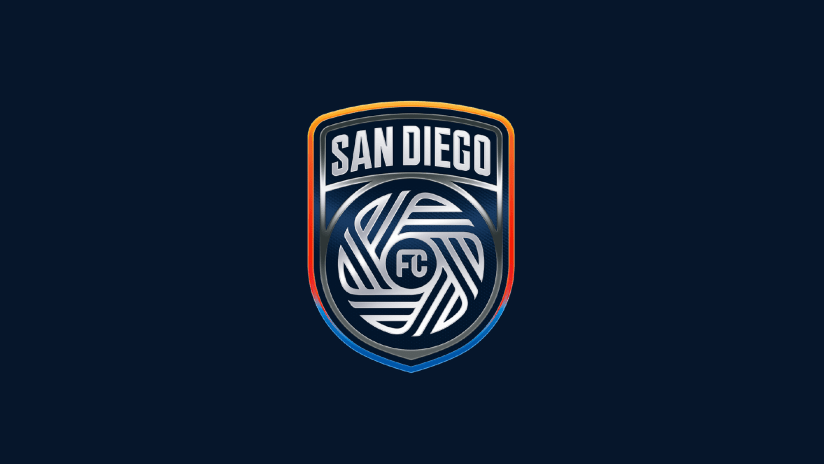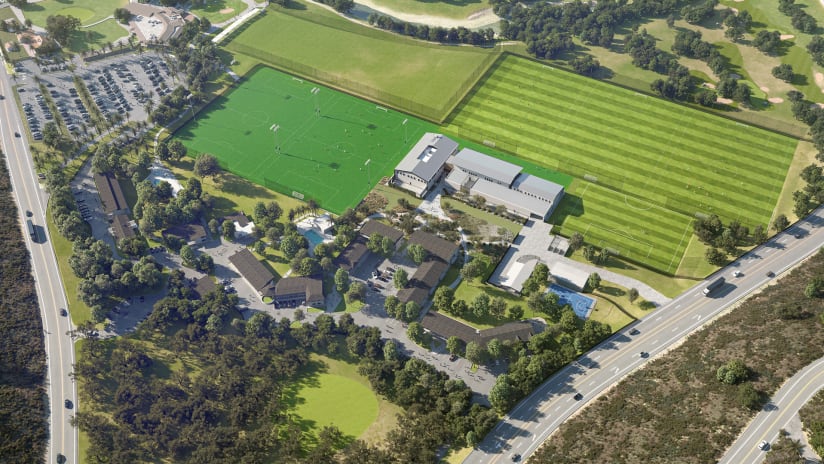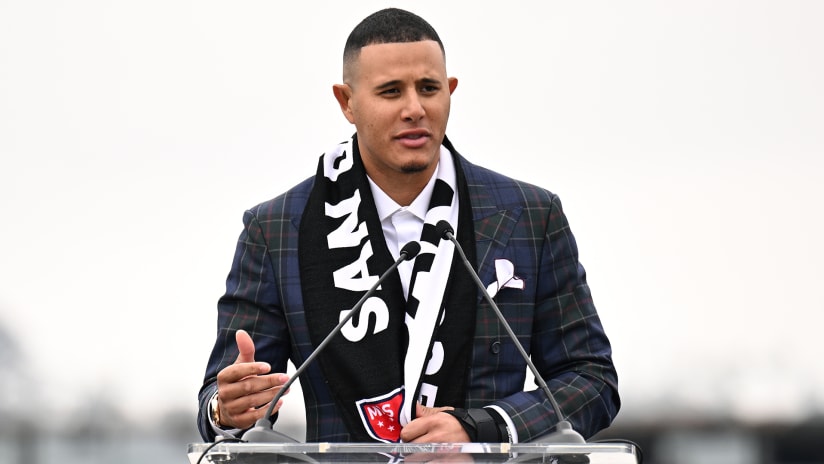It was a seminal season for USL, one that will wrap up Friday when the LA Galaxy II meet the Rochester Rhinos in the championship game (7:30 pm ET, ESPN3/YouTube). USL President Jake Edwards discussed the league’s rebranding, expansion, relationship with MLS and quest to earn second-division status with US Soccer, among other topics, in a conference call Thursday with media.
Edwards said the league, which expanded by 10 teams to a total of 24 clubs for the 2015 season and enjoyed a fifth straight year of increased attendance, is still pursuing second-division status for the 2017 season, which it announced it would pursue at the outset of the season.
“We worked on that last year with our clubs,” Edwards said. “It’s an ongoing project. We were seeking sanctioning for the 2017 season, but we are in the process of doing that now.”
Edwards also discussed the ongoing evolution of the league’s partnership with MLS. This season saw seven teams operated by MLS clubs join USL, joining LA Galaxy II in their second season. Edwards said it presents a contrast with independent teams, who are focused on winning and business success while the No. 1 priority for MLS teams is player development.
“The partnership between the two leagues is an evolving one, it’s organic in terms of what that model started off as, what it is now and what it could be in the future,” he said. “And we’ll say there’s not one single model that works.”
Edwards pointed specifically to the league-record crowd for a Real Monarchs match, operated by Real Salt Lake, as an example that MLS teams can have success at the turnstiles and player development.
“So there’s a learning curve,” he said. “ … So some of those teams are doing very well actually, and they’re able to not just meet technical objectives but succeeding on the business front as well, which is very important to us.”
The league will expand again for the 2016 season, by four teams including one operated by Orlando City SC. Edwards said it’s part of a plan to expand “rapidly and aggressively yet deliberately” with an emphasis on local ownership groups, soccer-specific stadiums and regional rivalries.
“It’s been an exciting year,” he said. “It’s been very enjoyable to see the performance of the new clubs on and off the field, and we certainly sit here feeling bullish and excited about all the things we have to do ahead of us. We have a lot of work to do, but we’re in a position now to really move the league forward for 2016 and beyond.”














